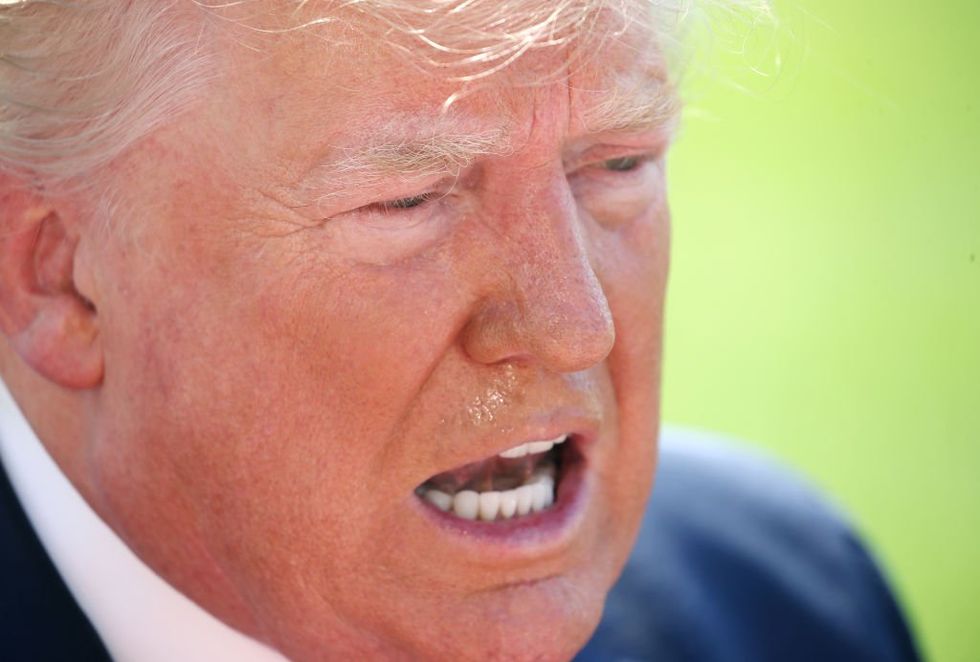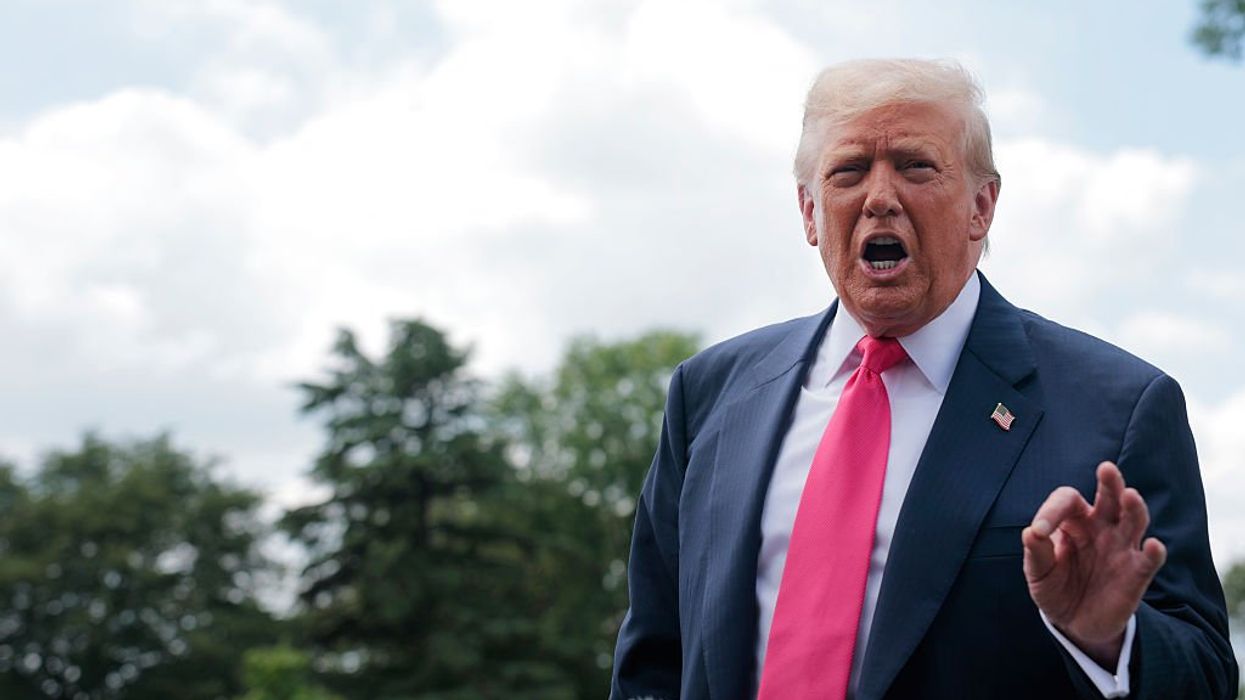Washington, D.C. — President Donald Trump has reignited controversy surrounding the Washington Commanders football team, demanding the franchise revert to its former name, the “Redskins,” a term widely condemned as a racial slur against Native Americans.
In a series of posts on Truth Social this past weekend, Trump declared, “The Washington 'Whatever's' should IMMEDIATELY change their name back to the Washington Redskins Football Team.” He went further, threatening to block the team’s $3.7 billion stadium deal in Washington, D.C., unless the name change is reversed.
The Commanders, formerly known as the Redskins until 2020, adopted their current name in 2022 following years of public pressure, corporate backlash, and advocacy from Native American groups. The original name was dropped amid a national reckoning over racial injustice, with major sponsors like FedEx and Nike urging the team to rebrand.
Trump’s latest remarks come as the team prepares to relocate from its current home in Landover, Maryland, to a new stadium at the site of the former RFK Stadium in Washington, D.C., projected to open in 2030. The president suggested he would use his influence to halt the deal, stating, “I won’t make a deal for them to build a Stadium in Washington” unless the name is changed back.
“The president was serious,” White House press secretary Karoline Leavitt told reporters when asked about Trump’s new warning to block a proposed stadium.
The Commanders’ ownership has responded cautiously. Managing partner Josh Harris previously stated, “For obvious reasons the old name can’t come back,” but emphasized efforts to honor the team’s heritage through throwback uniforms and branding.
Trump also called on Major League Baseball’s Cleveland Guardians to revert to their former name, the Cleveland Indians—another move that has reignited a long-standing debate over Native American imagery in sports.
The Cleveland franchise officially adopted the Guardians name in 2021 following years of criticism from Native American groups and activists who viewed the “Indians” name and the “Chief Wahoo” mascot as culturally insensitive. The rebranding was part of a broader assesment in American sports, spurred by the social justice movements that followed the death of George Floyd.
Guardians president of baseball operations Chris Antonetti responded calmly to Trump’s remarks, saying the team is focused on building its brand and is “excited about the future”.
Trump’s post on Truth Social claimed there is “a big clamoring” for the team to restore its original name, asserting that “our great Indian people, in massive numbers, want this to happen” and that their “heritage and prestige is systematically being taken away”.
Harmful Stereotypes in Play
Native American organizations swiftly condemned Trump’s comments. The Native American Rights Fund called the remarks “a distraction from the real harm this administration continues to inflict on Native Peoples,” adding that such mascots “reduce us to caricatures”.
Despite Trump’s claims, recent studies and statements from tribal leaders suggest otherwise. A 2020 survey found that at least half of Native Americans polled were offended by the Washington Commanders' former name.
Native-themed mascots often rely on caricatured imagery: feathered headdresses, exaggerated war cries, and stylized depictions of tribal warriors. These portrayals distort reality and reduce diverse Indigenous cultures to monolithic, outdated tropes.
Many team names and logos were created during eras with little regard for Indigenous sovereignty or representation. This historical context matters — using Native identities without consent perpetuates the power imbalance established during colonization.
"Native Americans are not mascots, nor should our cultures be misappropriated as such. Race or ethnic-themed mascots or school nicknames perpetuate the stereotypes and racism that harm Native and non-Native students," Mashantucket Pequot Tribal Nation, statement to Guilford Public Schools.
“It’s very difficult to live in a world that thinks you don’t exist except in the context of these mascots," said Madison Eagle, a specialist of Cherokee heritage with the Multicultural Center’s Native American and Indigenous Student Initiatives.
As the debate intensifies, the Commanders and Guardians remain firm in their current identity.
Critics accuse Trump's flurry of wide-ranging posts on his social media of trying to distract from the Jeffrey Epstein files controversy.
Hugo Balta is the executive editor of the Fulcrum and the publisher of the Latino News Network.
SUGGESTION:
MAGA Tension Over Why Hasn’t Trump Released the Epstein Files
 U.S. President Donald Trump at the White House, Washington, DC. (Photo by Mark Wilson/Getty Images)
U.S. President Donald Trump at the White House, Washington, DC. (Photo by Mark Wilson/Getty Images)




















Trump & Hegseth gave Mark Kelly a huge 2028 gift